A new clinical study suggests for the first time that it might be possible to reverse the body’s epigenetic clock, which measures a person’s biological age.
The small clinical trial was conducted by a team of researchers led by Dr. Greg Fahy whos the findings were published on 5 September in Aging Cell.
The team had nine healthy volunteers take a cocktail of three common drugs — growth hormone and two diabetes medications (dehydroepiandrosterone (DHEA) and metformin) — for one year.
The trial was aimed at testing if a growth hormone and drug combination could be used safely in humans to restore thymic function lost due to aging.
Their biological ages were reduced by an average of 2.5 years, as measured by the epigenetic clock. This clock works by examining the epigenome, the alterations to gene expression that predictably change throughout the lifespan and so can be reliably used to estimate a person’s biological age.
The epigenetic clock relies on the body’s epigenome, which comprises chemical modifications, such as methyl groups, that tag DNA. It is deemed to be a much more accurate way to determine the biological rather than chronological age of a person.
The results surprised the researchers — but they caution that the findings are preliminary because the trial was small and did not include a control group.
“I’d expected to see slowing down of the clock, but not a reversal. That felt kind of futuristic.”
Steve Horvath, a University of California Los Angeles (UCLA) geneticist and one of the study’s authors, told the publication that all four different epigenetic clocks he used indicated significant reversal for each trial participant in all of the tests.
“This told me that the biological effect of the treatment was robust,”
In particular, the thymus seemed to improve its level of function in. This is important as thymic output is a strong determinant for cancer risk. Regenerating the thymus could be useful in people who have underactive immune systems, including older people.
Reference:
Gregory M. Fahy et al. Reversal of epigenetic aging and immunosenescent trends in humans DOI: 10.1111/acel.13028



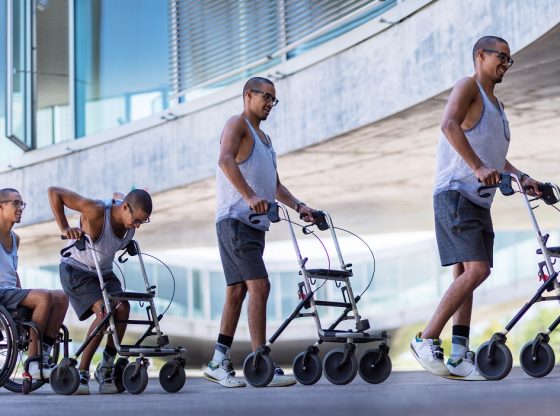

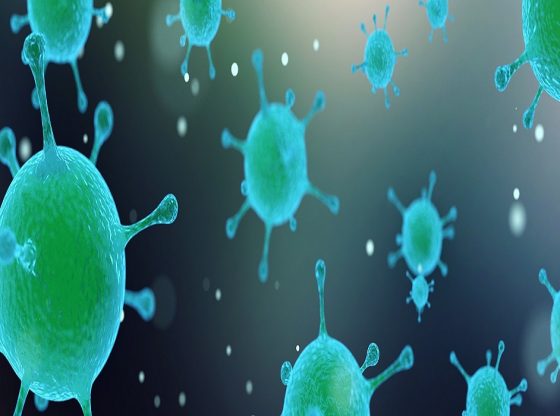
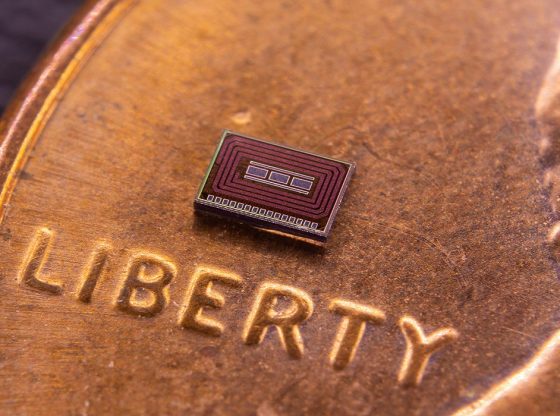
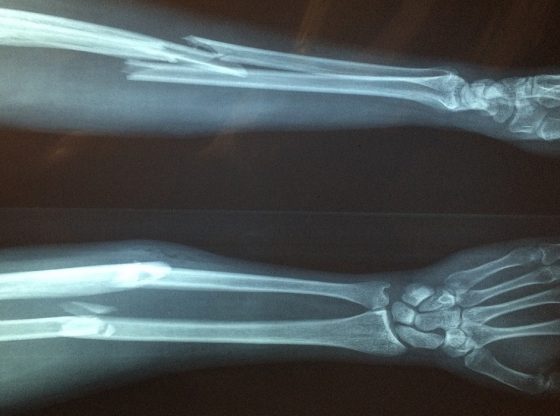
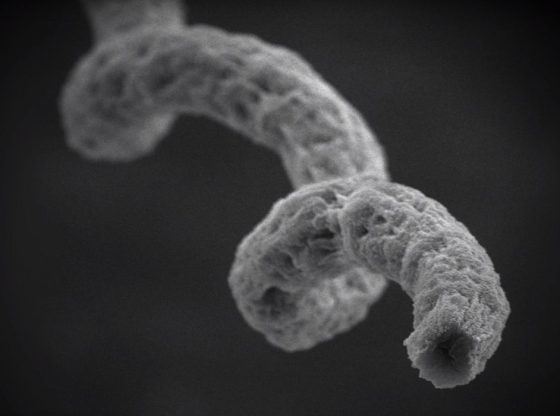

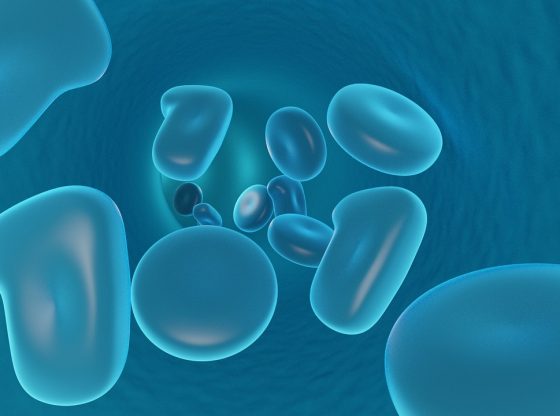
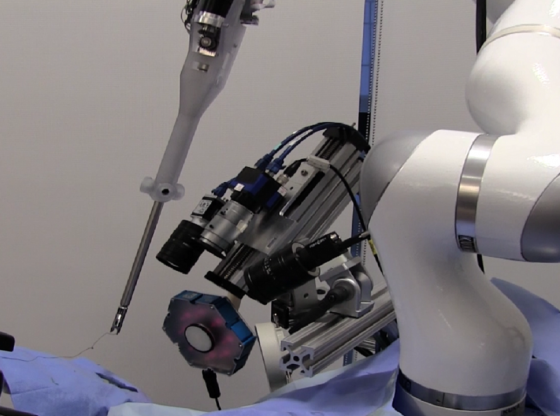
![OpenAI. (2025). ChatGPT [Large language model]. https://chatgpt.com](https://www.illustratedcuriosity.com/files/media/55136/b1b0b614-5b72-486c-901d-ff244549d67a-350x260.webp)
![OpenAI. (2025). ChatGPT [Large language model]. https://chatgpt.com](https://www.illustratedcuriosity.com/files/media/55124/79bc18fa-f616-4951-856f-cc724ad5d497-350x260.webp)
![OpenAI. (2025). ChatGPT [Large language model]. https://chatgpt.com](https://www.illustratedcuriosity.com/files/media/55099/2638a982-b4de-4913-8a1c-1479df352bf3-350x260.webp)








